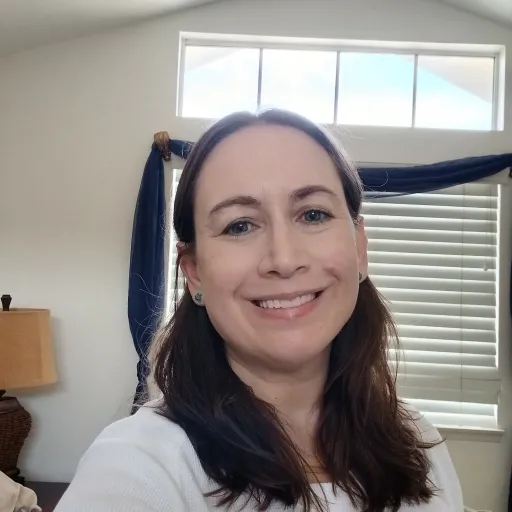Courses/Teaching
I teach the following courses at IC:
Foundations in Law and Justice (LGST 10100)
Interdisciplinary Sociolegal Research: Investigating Law and Justice on the Ground (LGST 32300)
Human Rights and Genocide (LGST 37500)
Laws of War and Disaster (LGST 37500)
Senior Research Capstone Seminar (48000)
I taught the following courses at the University of California San Diego:
Introduction to Culture (ANTH 1)
Race and Racisms (ANTH 21)
Human Rights II: Contemporary Issues (ANSC 140)
Humanitarian Aid (ANSC 155)
Descriptions of my three most frequently taught courses at IC:
Foundations in Law and Justice (LGST 10100)
This course provides a critical, interdisciplinary, and comparative overview of the concepts of law and legality, broadly defined. It seeks to illustrate how law and legal regimes are inextricably bound up with political, historical, economic, and sociocultural forces. It focuses on the dynamic relationship between law, justice, and power: it looks at the ways that law can be used as a tool of power, domination, social control, or coercion, as well as ways that law can be employed a site of resistance from which to produce social change or further justice. Law – and the links between law and justice – are examined in the national (American) and international or global contexts.
[Socio]legal Research: Investigating Law and Justice on the Ground (LGST 32300)
This course teaches students the fundamentals of qualitative social science research, with the aim of examining questions of law and legality, broadly defined. After providing a broad overview of qualitative research as conceived of through the lens of social science – and a brief introduction to the particular qualitative methods of participant observation and interviewing – the course turns to an examination of a series of empirical, qualitative research studies. These studies focus on range of topics related to law and justice, from the lived experiences of undocumented immigrants in the United States to the desires and needs of East Timorese genocide survivors.
Human Rights and Genocide (LGST 37500)
The course examines some of the key debates within the field of human rights, including debates between universalism and cultural relativity, and between individual and collective rights. It also looks at some of the main critiques of human rights: Does it matter if there is an international human rights regime if human rights are not enforced? In what ways can human rights be considered a colonialist enterprise? The course focuses in particular on the crime of genocide and attempts by individuals and groups to recover or seek justice in the wake of genocidal-type violence. Topics examined in this course include representations of suffering, cultural genocide, the politics of naming genocide, transitional justice, the relationship between human rights and culture, the relationship between human rights and colonialism, and the question of humanitarian intervention.
